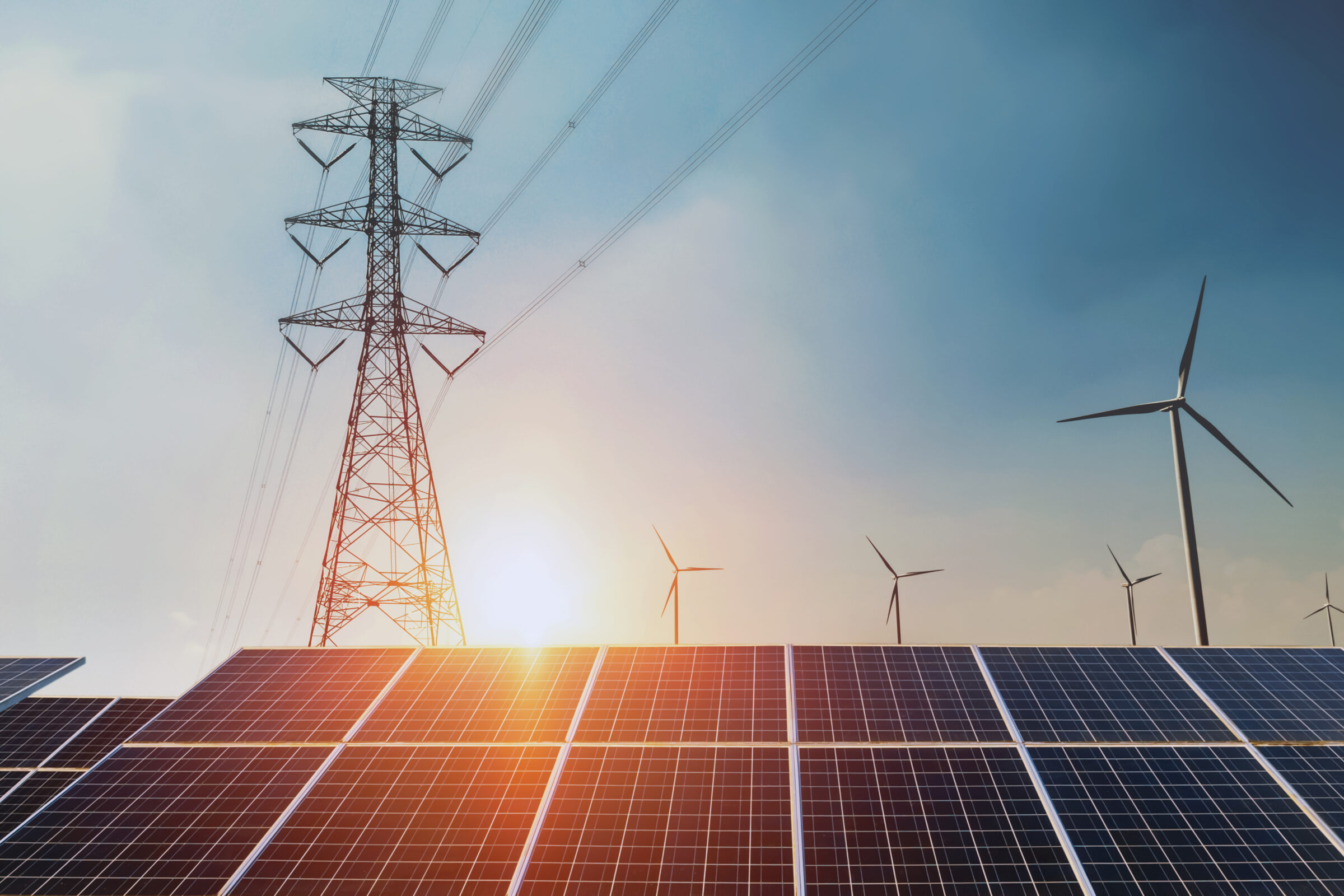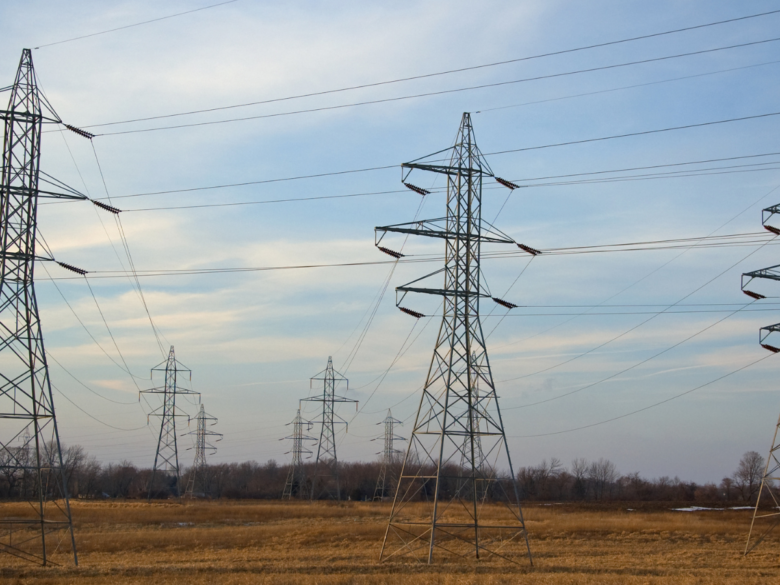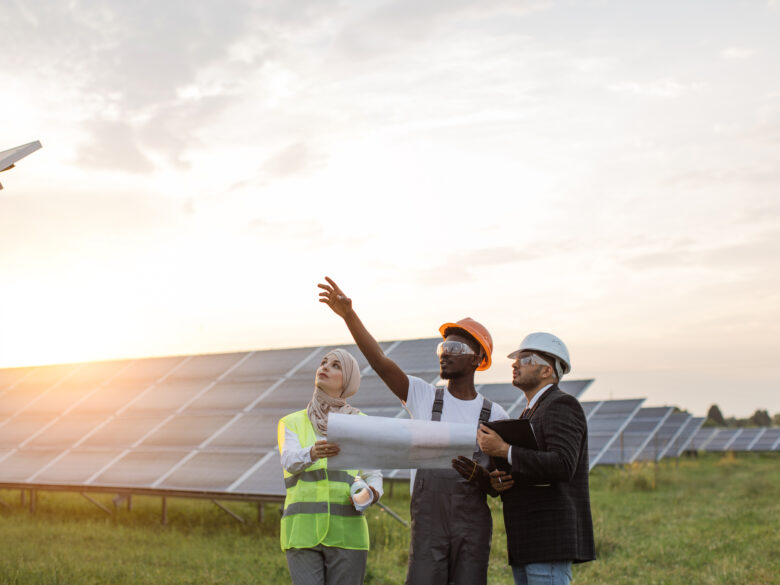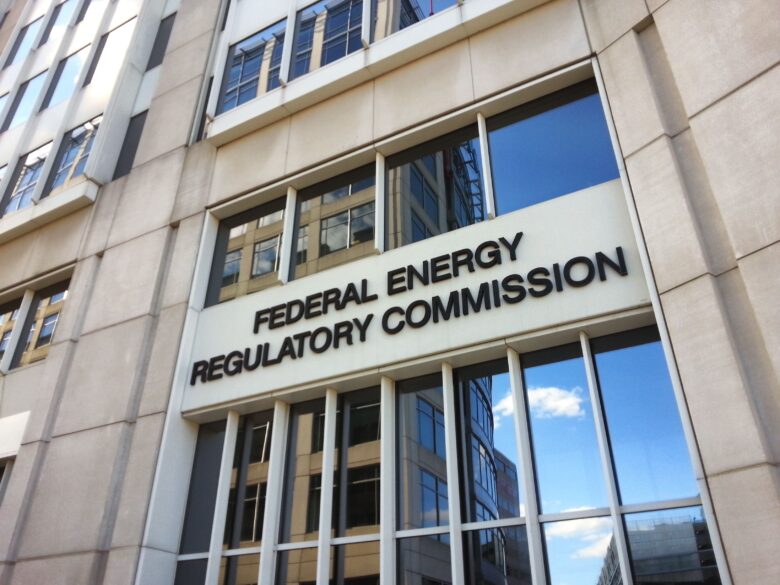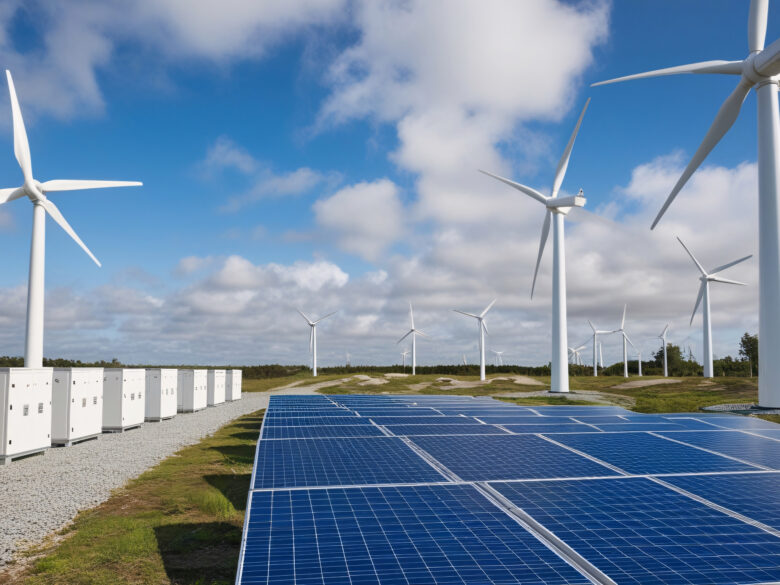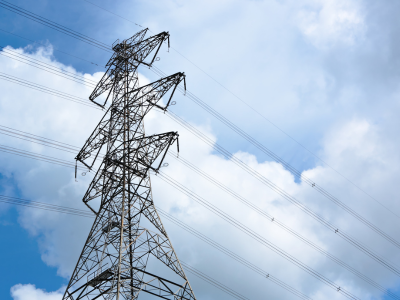A common thread among these seemingly disparate challenges is a lack of adequate transmission lines connecting America’s balkanized power grids.
News

For over 20 years, the American Council on Renewable Energy (ACORE) has been the nation’s leading voice on the issues most essential to clean energy expansion.
Media Contact:
communications@acore.org
Get Updates
Join ACORE’s press distribution list for timely communications on clean energy policy, new research reports, and other ACORE activities.
Join leaders from across the clean energy sector.

What will our next 20 years look like? Here’s the truth: they’ll be better with ACORE at the forefront of energy policy.
Shannon Kellogg
Amazon Web Services (AWS)
